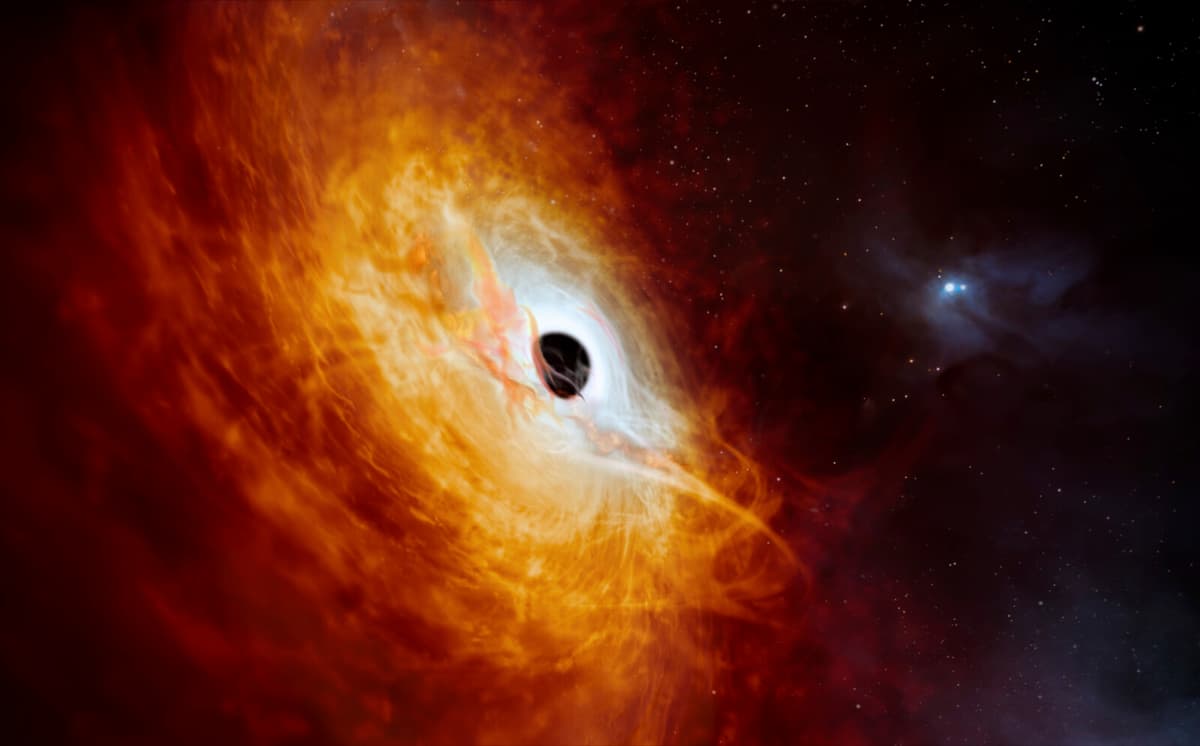The new discovery has been made with the help of the Hubble telescope, by an international research team led by astronomers at Stockholm University.
Black holes make up an important part of galaxies' life cycle.
"The formation mechanism for early black holes is an important part of the puzzle of how galaxies develop", says Matthew Hayes, Department of Astronomy at Stockholm University and lead author of the study, in a press release.
It is still not entirely clear how the first black holes in the universe came about. But the new results suggest that certain black holes likely formed when massive stars collapsed during the first billion years of cosmic time.
Other theories include collapsing gas clouds, mergers of stars in massive clusters, and "primordial" black holes that formed during the universe's first seconds.
The researchers now hope that with the help of models for how black holes grow, they can get better calculations for how galaxies develop, writes Hayes.
The study has been published in the journal Astrophysical Journal Letters.






